
GRANT JOHNSON
Gold Is Portable, Stable And Timeless
Stocking up on gold could save you in hard times. It has proven itself as a reliable hedge against inflation.
This website uses cookies to ensure that you have the best possible experience when visiting the website. View our privacy policy for more information about this. To accept the use of non-essential cookies, please click "I agree"


Back in the real world, social media is often ablaze with people insisting 'we need Judge Dredd' whenever there is any kind of civil unrest in the UK or US. I've spoken to cops at US comic conventions who without irony cite Dredd as a role model, an 'if only' fantasy of what professional life could be. You only have to look at US news reports to see how closely some police forces now resemble their colleagues in the armed forces. - The Politics of Judge Dredd
“First Blood was written as an allegory of what was happening in America in the late 1960s, with soldiers returning from an unwanted war in Vietnam and being scorned, while racial divisions deepened,” Morrell explains. “Rambo has become a litmus test. Some people see the novel and first film as anti-war – which is how I see them. But others see the book and second and third films as supporting gung-ho military.” – David Morrell
The point of the novel Death Wish is that vigilantism is an attractive fantasy but it only makes things worse in reality. By the end of the novel, the character (Paul) is gunning down unarmed teenagers because he doesn’t like their looks. The story is about an ordinary guy who descends into madness. - Brian Garfield
“The point is, ladies and gentlemen, that greed, for lack of a better word, is good. Greed is right, greed works. Greed clarifies, cuts through, and captures the essence of the evolutionary spirit. Greed, in all of its forms; greed for life, for money, for love, knowledge…has marked the upward surge of mankind.” – Gordon Gekko in Wall Street
Verhoeven tried to read the novel but "stopped after two chapters because it was so boring ... it is really quite a bad book ... it's a very right-wing book". He had Neumeier summarize the narrative for him, and found it militaristic, fascistic, and overly supportive of armed conflict, which clashed with Verhoeven's childhood experiences in the German-occupied Netherlands during World War II. Verhoeven determined that he could use the basic plot to satirize and undermine the book's themes by deconstructing the concepts of totalitarianism, fascism, and militarism, saying: "All the way through I wanted the audience to be asking, 'Are these people crazy?' - Wikipedia
“I always thought there would come a certain point in the movie where people would turn against Clyde (Butler’s role) when he starts killing innocent people, but it was amazing the vengeance that were in the audience. They were like “no”, he was so badly wronged and because you did feel his humanity and because Jamie did push it in the other direction, it was amazing how far my character could go and people still wanted him to win and get away with it. That’s not how I imagined it!” – Gerard Butler in GQ
Finally in Samuel Goldwyn’s office, the second writer outlined his idea. “Mr. Goldwyn,” he said, “this is a wonderful opportunity to point out labor’s battle against capitalism. You have a chance here to bring a great message to the people.”
Goldwyn looked at him. “Messages, messages,” he said. “From Western Union you get messages. From me you get pictures.” – Reporter Aleen Wetstein in 1940

GRANT JOHNSON
Stocking up on gold could save you in hard times. It has proven itself as a reliable hedge against inflation.

RYAN TYLER
As she escapes the matrix, we encounter some old-fashioned messages and themes.

THOMAS CARTER
He was popular and a favourite to replace a disqualified Trump, until he wasn't.

ALLAN RAY
For some odd reason, they like to defend predators and downplay trafficking.
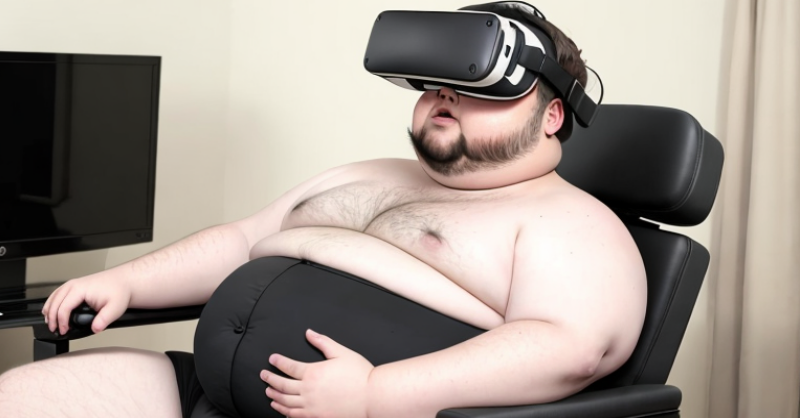
RYAN TYLER
We've been doing it wrong for hundreds of years and it doesn't look like we are going to stop.
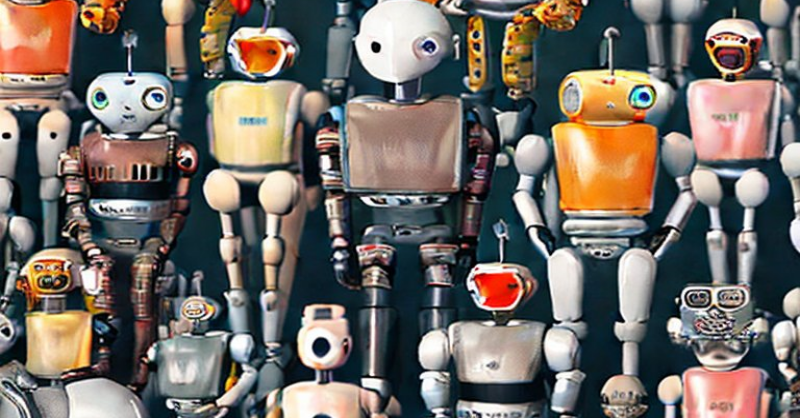
DEVON KASH
Concerns about people having their incomes cut off for wrong-think under a UBI are legitimate.

NICK EDWARD
Weaponized Pride has created a more hostile environment for the LGBTQ movement.

ALLAN RAY
A hypothetical discussion is being had among some fringe activists and academics about erasing the word.
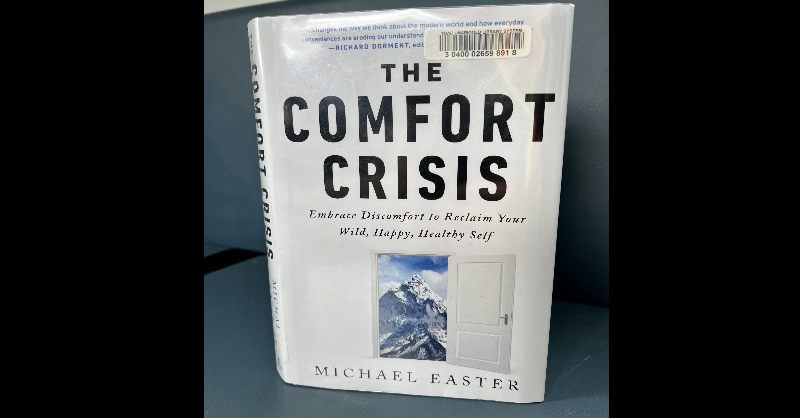
JOHN MILLER
This is a review of the book by Michael Easter.

RYAN TYLER
Since 1977, conservatives have been outnumbered in Manitoba. They need to make a big decision.
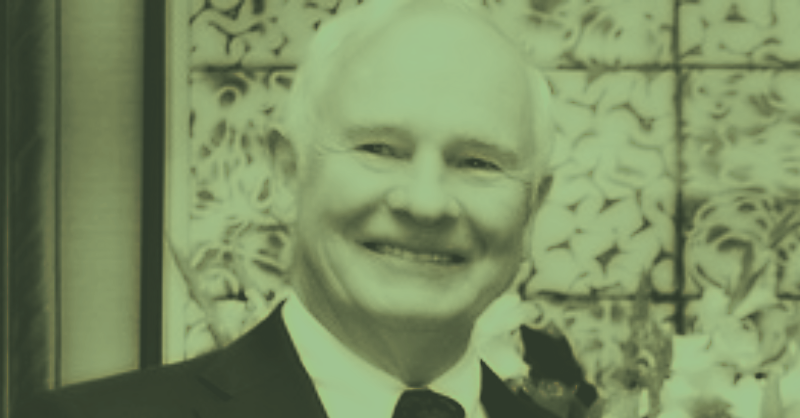
ALLAN RAY
The former governor general has proved himself a Liberal crony.

RYAN TYLER
They don't deserve our forgiveness.

DEVON KASH
Carla Beck hasn't managed to stir up confidence or enthusiasm among the party's core base.
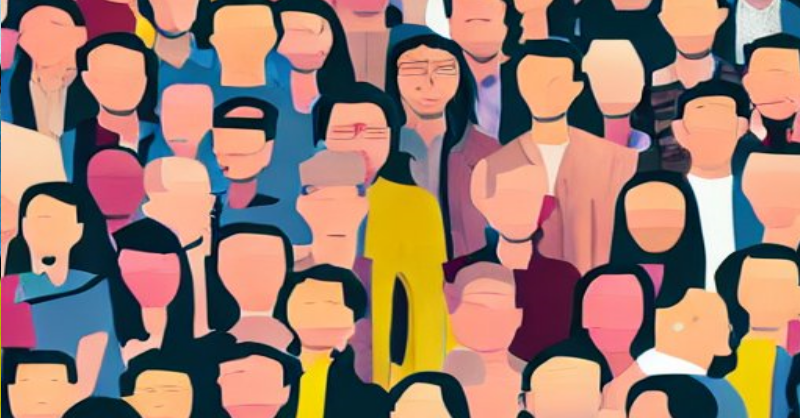
GRANT JOHNSON
Fewer people amount to fewer problems. A smaller population might be exactly what we need.

ALLAN RAY
Billions have been wasted on corporate interests while our trust in science has been broken.

STEVE PARKER
The comedian seems unable to comprehend why whites would be dissatisfied with a white government.
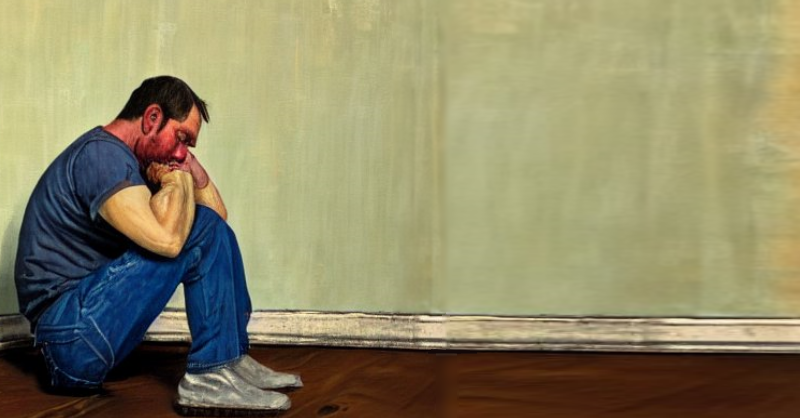
RYAN TYLER
As biological men invade women's spaces and erase what it means to be a woman, men do nothing.

ALLAN RAY
The NDP's disastrous policies need to be undone, but only one party offers a path to victory.

GRANT JOHNSON
Conservative think they have the next election in the bag. but they don't realize the odds are stacked against them.

RYAN TYLER
The plan has been in place for decades and it's finally starting to work, but not in the ways you might think.

DEVON KASH
The company has done much worse than reject basic biology and science.
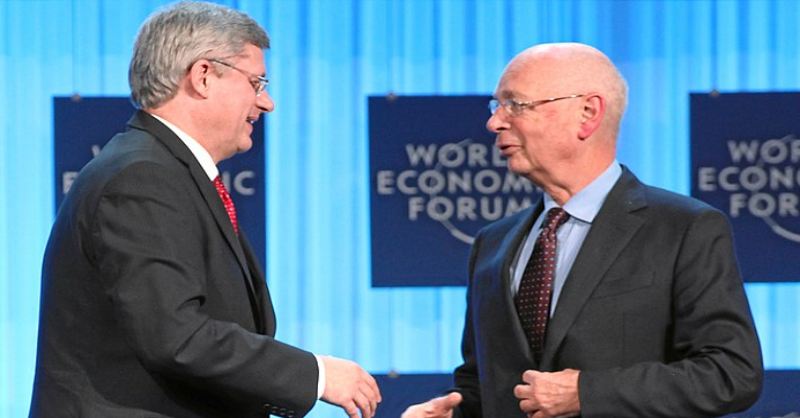
RYAN TYLER
After ten years of Stephen Harper, Canada is more insane and progressive than ever before.